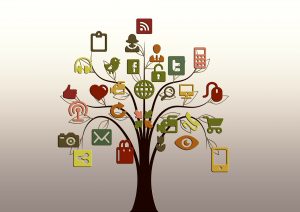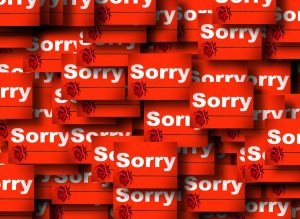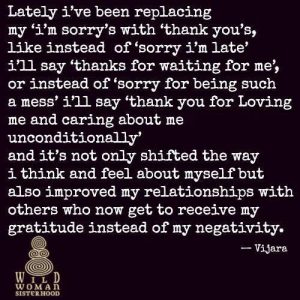Self-care and Online Connections
These days, there are a lot of troubling things happening all over the world. It used to be that we got news from a couple of nightly news shows, magazines or the newspaper. But now, we see news throughout various social media platforms and apps, which also provide notifications of breaking stories throughout the day.
This constant exposure to real time, shocking or upsetting information can lead to feelings of anger, frustration or fear. And these emotions can cause anxiety and increase our levels of stress.
Yet in times of stress, many of us crave connection with others. After all, it is this connection that helps us to feel loved and cared for, right?

Conversations on social media can be delightful, fun, affirming, overwhelming, time-consuming, frustrating or anxiety provoking.
Add to that a constant barrage of notifications that you have email waiting, some with the high priority symbol or a red flag, and you’ve multiplied those feelings exponentially.
How can you practice self-care by limiting or scheduling when you will consume this information?
We’ve already talked about Tech Free Days and how they can benefit your self-care routine. You may decide that you want to include Tech Free Days regularly and can find ways to manage your day-to-day activities while limiting or temporarily eliminating your social media.
It also starts with an awareness of how you’re feeling about each media source. Does Facebook or Twitter continue to bring you joy? Or are you constantly feeling angry, helpless or hopeless? Make a list of what you consume every day and start making tick marks in the Joy or Stress column to see if the good feeling you get when participating outweighs the stressful and anxious feelings.
If you want to keep up with news, you might limit watching just before bed or first thing in the morning. This can start or end the day on an anxious note. The beauty of technologies is that you can access most of this information on demand, allowing you to decide exactly how much and when you will take it all in.
Scheduling time to check email and/or social media throughout the day can protect you from unwanted assaults or interruptions. This strategy can definitely increase your productivity – most of us who respond immediately to a notification from news or social media tend to then spend at least 10 additional minutes online after reading the article or post that brought us there. Multiply that times just 10 notifications a day and you’ve spent 100 minutes online without even intending to. If this happens during the work day, you’ve lost 100 minute of productivity. This may make you feel like you can’t get caught up, intensifying your anxiety and stress.
Setting a reminder to check email and social media three times during the work day may not work for everyone, but you can certainly give it a try. If you check first thing in the morning, just after lunch, and again about an hour or so before the end of the work day, that keeps most people up to date. Of course, if your work requires an immediate response no matter what, this scheduling technique may not work for you. Or perhaps you can find a back-up or strategy to connect to those emergencies without being tethered to the notifications constantly.
Consider ways in which you can connect with people IRL (in real life) again. It’s interesting to me how I still sometimes resist having coffee with someone because it means I have to put on makeup, dress a certain way, leave my house and stop what I am working on for a period of time. Or we email someone rather than call them for something because it’s… what? Easier? Faster? Convenient? Avoidant?
Face to face or voice to voice connections will become a thing of the past if we let them. But truthfully, they can be beneficial to our self-care. I give and receive this experience with a lot of fellow coaches because we can become very isolated in our primarily work-at-home-alone routine. Inevitably, one of us says, “I really needed to talk to you today. This really helped me a lot.”
On the flip side, social media can, for some, be a form of self-care and connection. Reading another blogger’s take on this recently, this hit home for me. Here’s a post from Rest for Resistance on self-care for the radical social media user.
“Offline self-care works great for some people. Yet it’s harder for those of us who don’t have space to sequester ourselves at home with friends and family. Due to isolation, many of us don’t have room IRL to even believe that we deserve space in our own lives. Social media is simply a better source of hope than the outside world.
We all deserve community, and many of us find that online.”
The bottom line is that, aside from the requirements of your job, you get to decide how and when to connect with email, news and social media sources and design your self-care plan around what works best for you. Maybe for today, your act of self-care is just being more aware of how you’re feeling and what might work better for you tomorrow.


